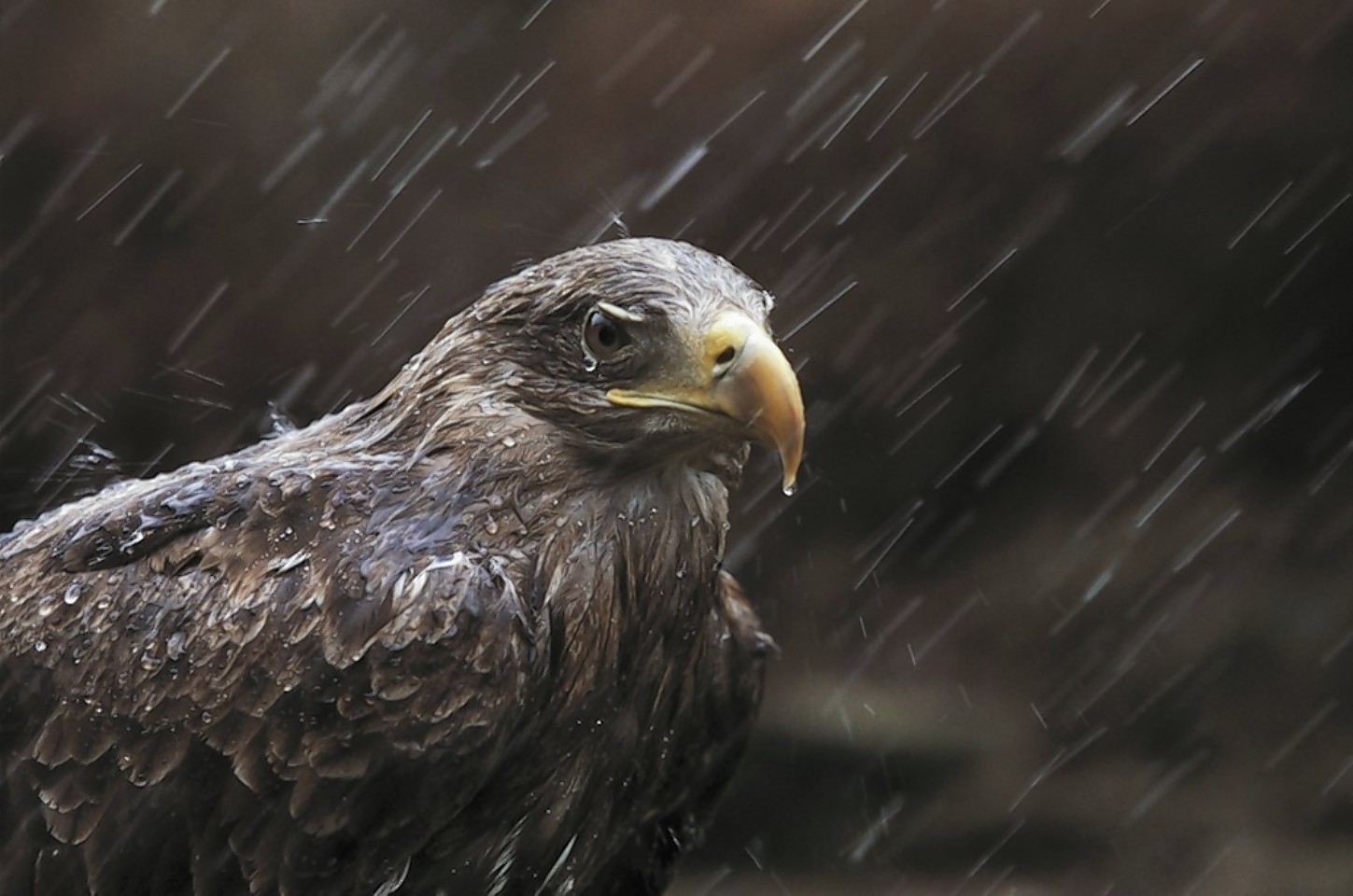Scots farmers and crofters whose sheep are attacked by sea eagles are set to benefit from a new action plan to tackle the issue.
NFU Scotland (NFUS) and Scottish Natural Heritage (SNH) yesterday agreed to work together to balance the needs of sheep farmers and the conservation of sea eagles.
The two organisations have pledged to launch a new sea eagle management scheme by spring 2015.
The scheme, which is subject to funding approval by SNH and the Scottish Government, will see the use of “experienced and trusted rapid response contractors” to respond to producer concerns about any sea eagle impact on their flocks.
Environment minister Paul Wheelhouse said: “Sea eagles are a magnificent species of bird and are a valuable part of Scotland’s biodiversity and we know, from the economic impact on Mull, that sea eagles can have an important part to play in our economy.
“However, we also recognise that there have been concerns in some farming quarters that they are having an effect on lamb production.”
NFUS and SNH also agreed to form a steering panel along with local stakeholder groups.
The groups, which are expected to be set up by November, will initially cover three areas – Mull, North Argyll and Lochaber; Skye and Lochalsh; and Gairloch and Wester Ross.
The steering panel is expected to collate, analyse and act on feedback in the spring on sea eagle impacts and responses to management measures.
Thereafter, the panel will put forward proposals for sheep, sea eagle and habitat management measures with a view to publish a Sea Eagle Action Plan by September 2016, for implementation by March the following year.
NFUS president Nigel Miller yesterday described the agreement with SNH as a “significant milestone”.
“The joint plant will be driven through regional groups involving farmers and crofters, and has a clear timetable,” he said.
“To secure vital progress, the partnership must ensure that the process is inclusive and takes account of farmers’ and crofters’ views and experiences.
“Collaboration will provide the foundations for a programme that minimises lamb losses and safeguards sheep flocks whilst also underpinning a sustainable sea eagle population.”
SNH chairman Ian Ross said the organisation was committed to working with farmers and crofters to tackle the impact of sea eagles on sheep.
“It is also important to recognise the economic benefits that sea eagles bring to tourism, particularly to rural areas, while acknowledging that in some cases, sea eagles have taken live lambs,” added Mr Ross.
“We are working closely with farmers and crofters to minimise the conflict between the birds and their impact on livestock.”
